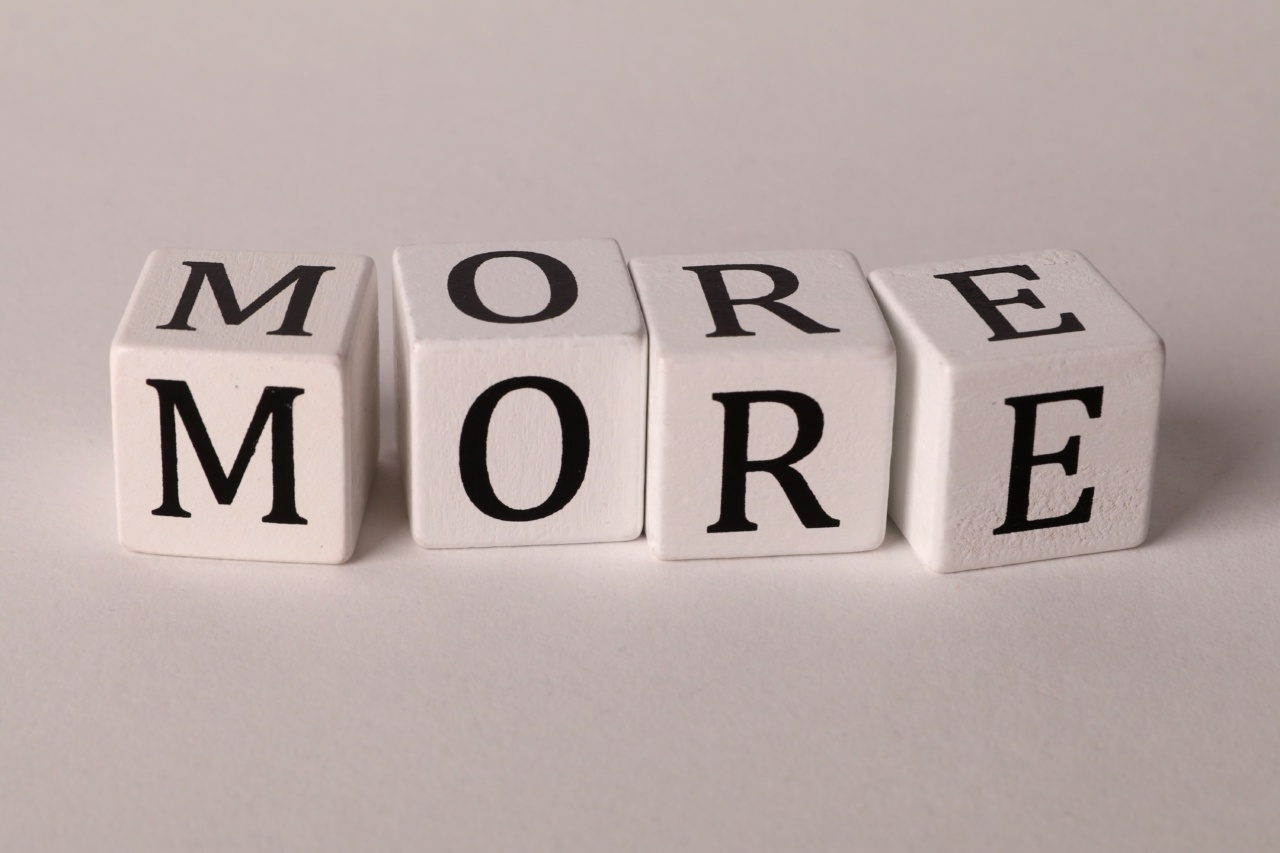Protein is an essential nutrient that the body requires for optimal health. It is also one of the macronutrients that make up the human diet together with carbohydrates and fats.
While the body can produce certain amino acids, which are the building blocks of protein, it cannot synthesize all of them. This means that you depend on your diet to get these essential amino acids. However, some people don’t get enough protein in their diet, while others consume more than they need. So, how do you know if you need more protein?.
What is protein?
Protein is a macronutrient that plays a critical role in various aspects of human health. It is made up of amino acids, which are the building blocks of protein.
There are 20 different types of amino acids, and the body needs all of them to function correctly. When you eat protein-rich foods, your body breaks down the protein into amino acids. These amino acids are then used to build and repair tissues, enzymes, and hormones.
What are the benefits of consuming more protein?
Protein is an essential nutrient that offers several benefits to the body. Consuming more protein can help:.
- Promote muscle growth: Protein is necessary for muscle growth and repair. If you’re an athlete or regularly exercise, consuming more protein can help improve muscle mass and strength.
- Boost metabolism: Eating more protein can help increase your metabolism, which can help you burn more calories and lose weight.
- Reduce hunger: Protein is more satisfying than carbohydrates or fat, so consuming more protein can help reduce hunger and prevent overeating.
- Improve brain function: Protein is vital for the health and function of the brain, so consuming more protein can help improve brain function and reduce the risk of cognitive decline with age.
- Lower blood pressure: Consuming more protein can help lower blood pressure, which can reduce the risk of heart disease and stroke.
How much protein do you need?
The amount of protein you need depends on several factors, including your age, gender, weight, height, and physical activity level. The recommended daily intake of protein is 0.8 grams per kilogram of body weight or 0.36 grams per pound.
However, some people may need more protein, such as athletes or people who are trying to gain muscle mass. The recommended amount of protein for these individuals is between 1.2-1.7 grams per kilogram of body weight.
What are some protein-rich foods?
There are many protein-rich foods that you can add to your diet to ensure that you’re getting enough protein. Some of the best sources of protein include:.
- Meat: Beef, chicken, pork, and lamb are all excellent sources of protein.
- Fish: Fish is rich in protein and also contains heart-healthy omega-3 fatty acids.
- Eggs: Eggs are a complete protein source, meaning they contain all essential amino acids.
- Dairy: Milk, yogurt, and cheese are all good sources of protein.
- Legumes: Beans, lentils, and chickpeas are all excellent sources of protein, especially for vegetarians and vegans.
- Nuts and seeds: Almonds, peanuts, and chia seeds are all high in protein and also provide healthy fats.
What happens if you don’t get enough protein?
Not getting enough protein can have several negative effects on the body. Some of the common signs of protein deficiency include fatigue, weakness, loss of muscle mass, and a weakened immune system.
Protein deficiency can also lead to slower wound healing and an increased risk of infections. In severe cases, protein deficiency can lead to kwashiorkor, a severe form of malnutrition characterized by swelling of the limbs, an enlarged liver, and other health complications.
Can you consume too much protein?
While protein is essential for optimal health, consuming too much protein can also have negative consequences. Excessive protein intake can put a strain on the kidneys and increase the risk of kidney disease.
It can also lead to dehydration, as the body needs more water to process the excess protein. High protein diets may also increase the risk of certain types of cancer and other health problems. Therefore, it’s essential to consume protein in moderation and follow the recommended daily intake guidelines.
Conclusion
Protein is an essential nutrient that plays a critical role in numerous aspects of human health. While the body needs protein to function correctly, the amount of protein you need depends on various factors.
Consuming more protein can offer several benefits, including promoting muscle growth, boosting metabolism, reducing hunger, improving brain function, and lowering blood pressure. However, it’s also essential to consume protein in moderation and follow the recommended daily intake guidelines to avoid negative health consequences.






























